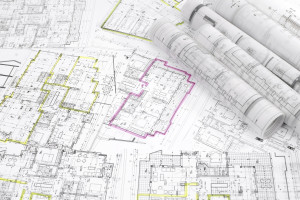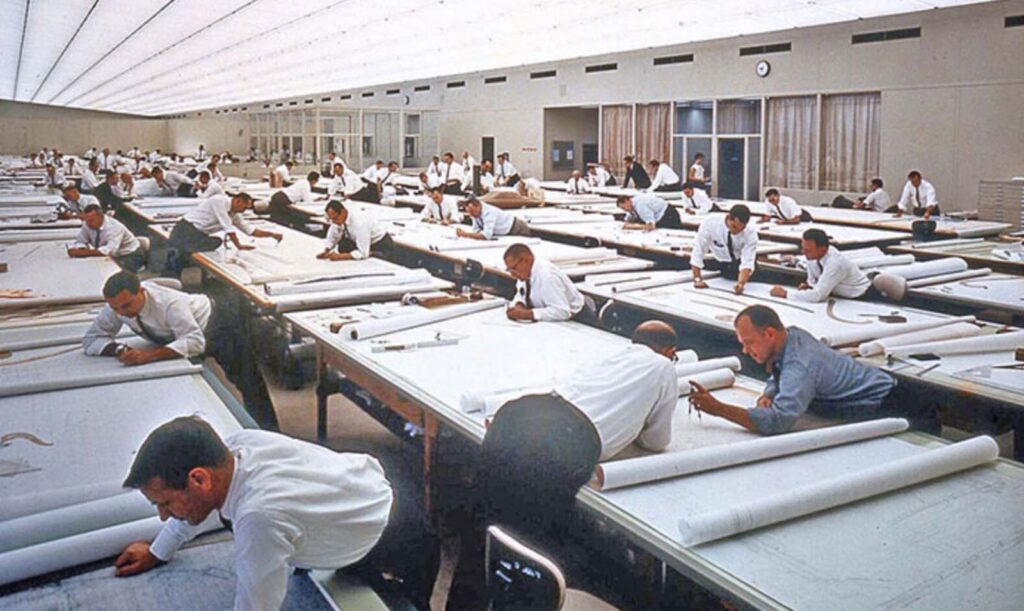In the heart of the bustling construction industry of Texas, a significant transformation is underway in the field of Mechanical, Electrical, and Plumbing (MEP) engineering. Traditionally, MEP engineering has been essential in designing the systems that keep buildings functional and comfortable. However, as technology advances and sustainability becomes a greater focus, the role of MEP engineers is evolving rapidly, reshaping the landscape of construction across the state.


Mechanical, Electrical, and Plumbing engineers have long been instrumental in the design, installation, and maintenance of the essential systems within buildings. From heating, ventilation, and air conditioning (HVAC) to electrical wiring and plumbing infrastructure, MEP engineers ensure that buildings are equipped with the necessary systems for optimal performance and occupant comfort.
Technology Integration: The integration of Building Information Modeling (BIM), advanced simulation software, and smart building technologies is revolutionizing the way MEP systems are designed and implemented. These technologies allow for greater efficiency, accuracy, and collaboration throughout the design and construction process.
Sustainability and Energy Efficiency: With increasing awareness of environmental issues and rising energy costs, there is a growing emphasis on sustainable building practices and energy-efficient MEP systems. MEP engineers play a crucial role in designing systems that minimize energy consumption, reduce carbon emissions, and optimize building performance.
Resilience and Adaptability: As extreme weather events become more frequent and severe, there is a growing need for buildings to be resilient and adaptable to changing conditions. MEP engineers are incorporating resilient design principles and innovative technologies to ensure that buildings can withstand natural disasters and other unforeseen challenges.
Diversification of Services: MEP engineering firms like Telios PC are expanding their service offerings beyond traditional design and consulting services. This includes providing expertise in areas such as commissioning, retrofits, renewable energy systems, and indoor air quality management.

The changing landscape of MEP engineering in Texas has several implications for stakeholders across the construction industry:
Demand for Skilled Professionals
As the role of MEP engineers becomes more complex and multidisciplinary, there is a growing demand for skilled professionals with expertise in areas such as sustainable design, building automation, and resilience planning.
Collaborative Approach
Successful MEP engineering projects require close collaboration between architects, contractors, and other stakeholders. Effective communication and coordination are essential to ensure that MEP systems are integrated seamlessly into the overall building design.
Investment in Training and Education
To keep pace with technological advancements and industry trends, MEP engineering firms must invest in ongoing training and education for their staff. This includes staying abreast of new technologies, industry standards, and best practices.
Embracing Innovation
Embracing innovation and adopting new technologies will be critical for MEP engineering firms to remain competitive in the evolving marketplace. This includes leveraging automation, artificial intelligence, and data analytics to streamline workflows and improve efficiency.
As Texas continues to experience rapid population growth and urbanization, the demand for innovative, sustainable, and resilient buildings will only continue to grow. MEP engineers will play a crucial role in shaping the future of construction across the state, ensuring that buildings are not only functional and efficient but also environmentally responsible and resilient to the challenges of the 21st century.
The changing landscape of MEP engineering in Texas reflects broader trends toward sustainability, resilience, and technological innovation in the construction industry. By embracing these changes and adapting to new challenges, MEP engineers are helping to build a brighter and more sustainable future for the Lone Star State.